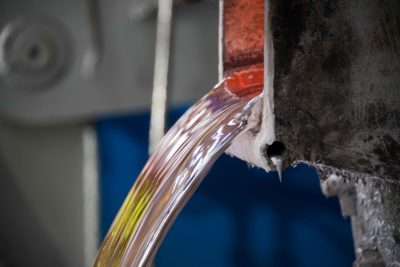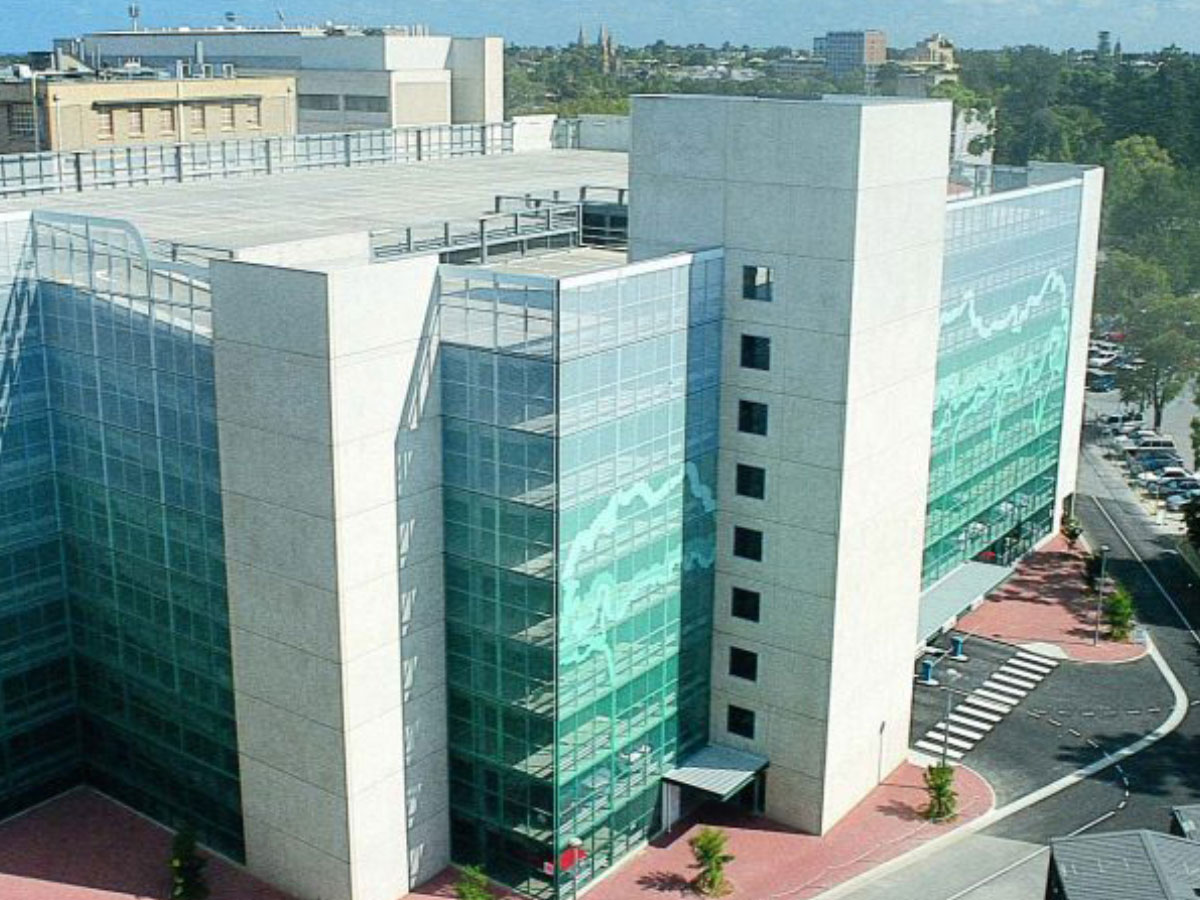At a glance
0 min read
- Steel and aluminium are essential metals – providing the foundation to modern life.
- Both industries are playing a critical role in the immediate response to COVID-19.
- Steel and aluminium is essential to efforts to repair economies in the future.
The metals we make are making a difference now – and in the future.
Steel and aluminium – they’re essential to modern life and surround us.
From the buildings we work and live in, roads, bridges and railways we travel across, planes, trains and vehicles we travel in, and the household appliances, utensils and packaging we use. They even help protect our pets and livestock.
The essential role these metals play in our lives has been sharply brought into focus by the COVID-19 pandemic.
From hospital beds to medical and surgical equipment, oxygen tanks to respirators these metals underpin so much of the immediate health response and global efforts to save lives.
The critical role of aluminium and steel

As we steer our way out of the health crisis, aluminium and steel will prove to be essential in providing a foundation for economic recovery and employment growth around the world.
There’s a vast range of essential products and services that require aluminium.
The Aluminium Federation has outlined the critical products and services required during this global pandemic that require aluminium, which include:
- Building materials – HVAC equipment, wall panels and frames for rapid infrastructure building and repair.
- Consumer goods – refrigerators, freezers, air conditioners, and dehumidifiers.
- Electronics and communication – computers, tablets and smart devices, alarms and signalling equipment.
- Electricity – insulation for cables, switch and outlet plates.
- Medical supplies – including ventilators, devices, sterile tools, equipment and sterile surfaces.
- Packaging – from blister packs for medicines to food wrapping, packaging and labelling.
- Transportation – components for emergency and military vehicles, along with public transport, cars and vans used by essential workers and delivery drivers.
Similarly, steel is playing an important role in the immediate response to COVID-19, in uses that include:
- Buildings – frames, panelling for rapid and temporary infrastructure.
- Hospital equipment – tubing is used to build hospital beds, trolleys and wheelchairs.
- Medical equipment – stainless steel used to make a range of critical medical products, including ventilators, oxygen tanks, lab equipment, medical incubators and shields.
- Surgical equipment – steel is used in scalpels.
- Transport infrastructure – enabling critical freight deliveries and supplies to continue.
How GFG Alliance is supporting the fight against COVID-19
Foundation materials to repair the economy and boost employment
And as we steer our way out of the health crisis, aluminium and steel will prove to be essential in providing a foundation for economic recovery and employment growth around the world.
Key national infrastructure and large-scale construction projects, such as buildings and transport projects, will be a key lever used by Governments in developed and developing nations to kickstart local and domestic economies, and increase employment.
Prior to the coronavirus estimates indicated by 2050, the global demand of aluminium and steel were expected to be double the level of 2012.
Our essential steel is helping to build these key infrastructure projects around the world:
- Supply of seamless tubes to the West Qurna oil field
- Steel rail for the Australian Inland Rail project
- Brăila Bridge over the Danube River in Romania
- Reinforced steel for Melbourne’s Metro Rail project
- Heavy plates for the Osman Gazi Bridge that crosses Turkey’s Izmit Bay
We’re proud of the role we’re playing to provide these essential metals that are the foundation for critically needed goods, items and infrastructure – now and into the future.

